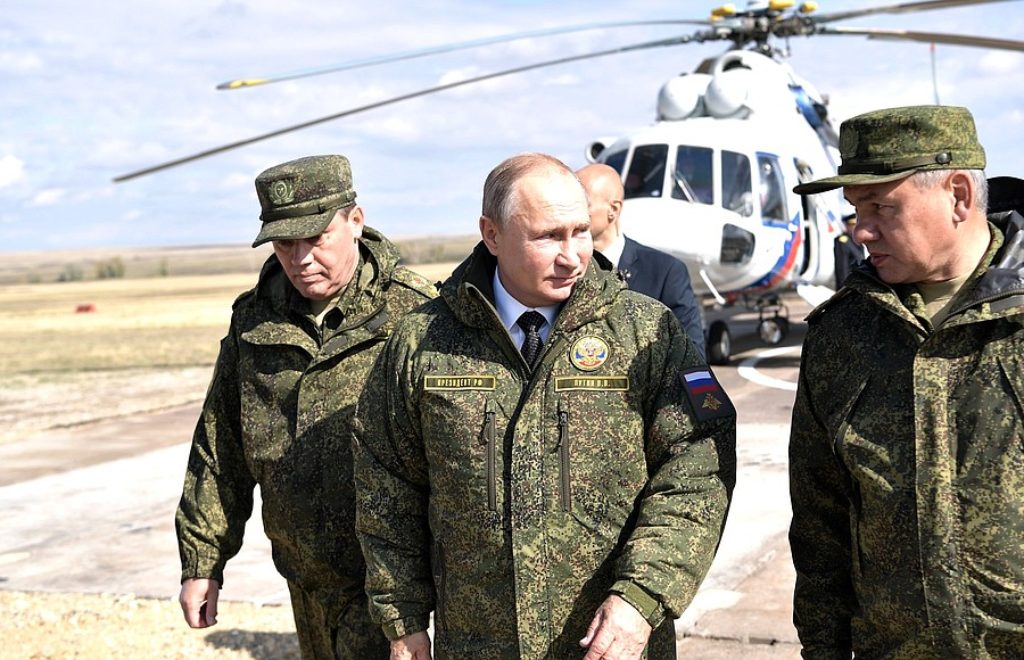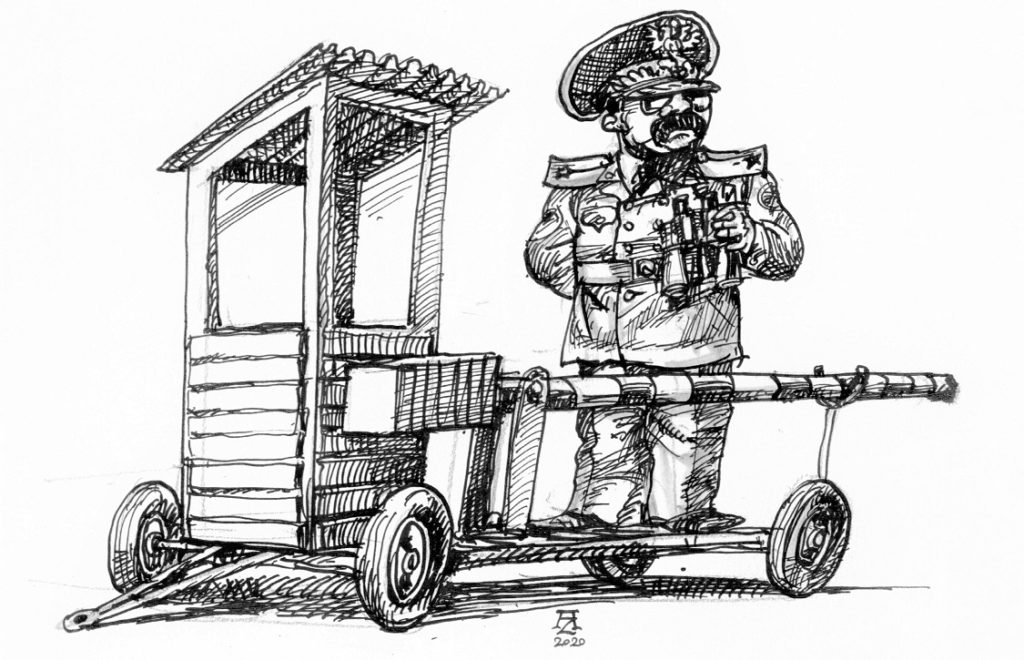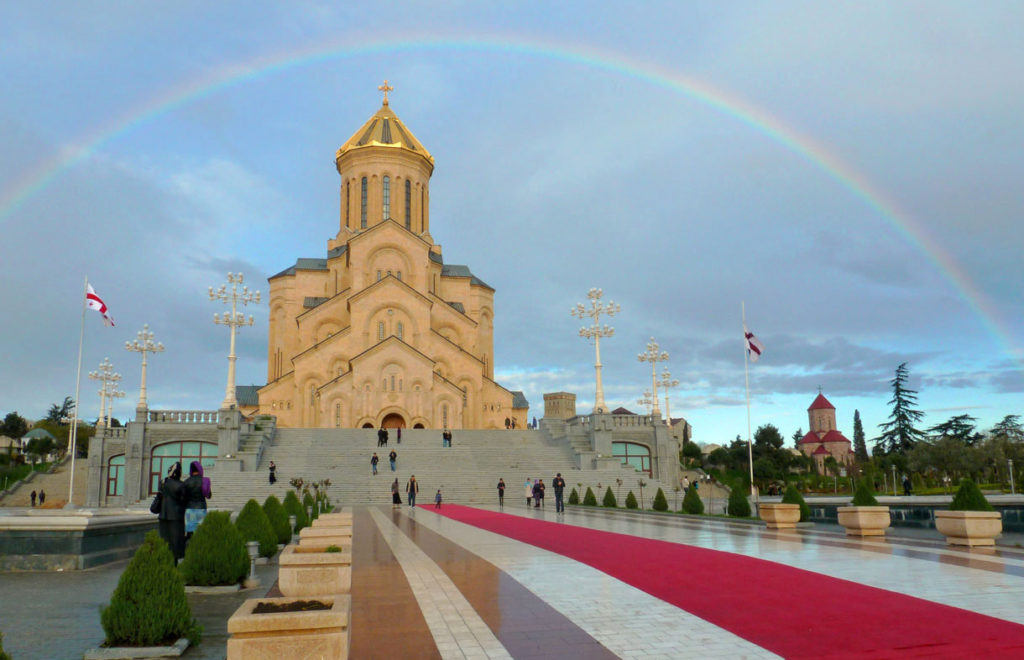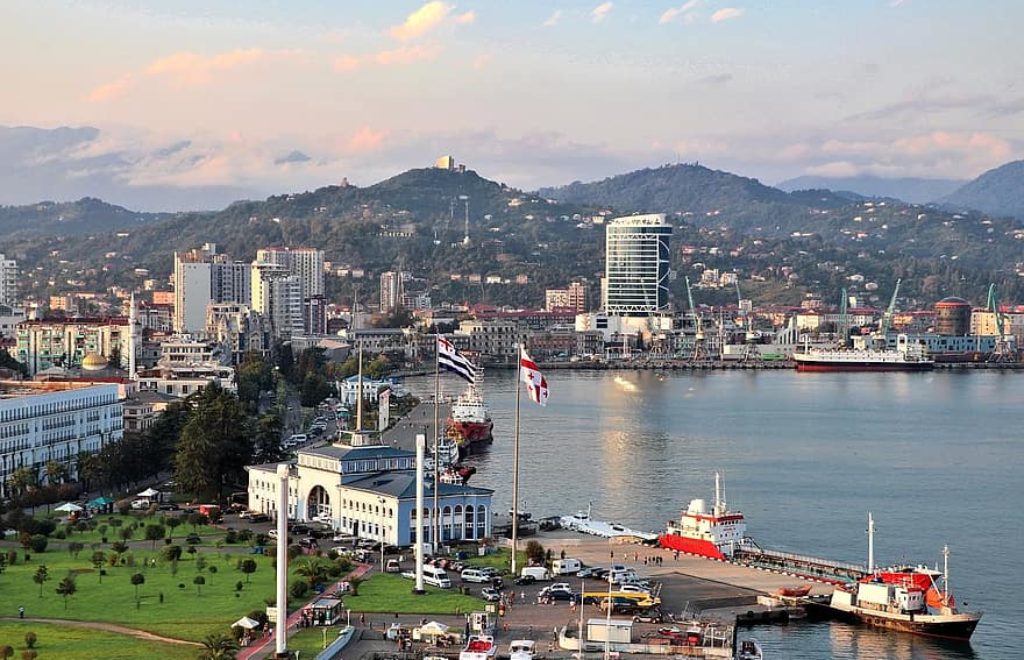The memory and experience of 1980
PIOTR LESZCZYŃSKI: What was the phenomenon of August 1989 in Poland? What took place at that time in the Gdańsk Shipyard, and what can this experience tell us now about Polish society of that time?
CEZARY OBRACHT-PRĄDZYŃSKI: It is not easy to talk about Solidarity. We do not have one position that would allow us to interpret the events, the causes and effects of the strike – both the experience and the memory of Solidarity have been very diverse. Solidarity was a very heterogenous movement from the beginning. It is remembered differently by people who worked and lived in Gdańsk and witnessed these events, who got to see what was taking place in the shipyard. Their perspective was unlike those who lived in other parts of the country and were forced to rely on information broadcasted by state media.
August 31, 2020 - Cezary Obracht-Prondzyński Piotr Leszczyński













































